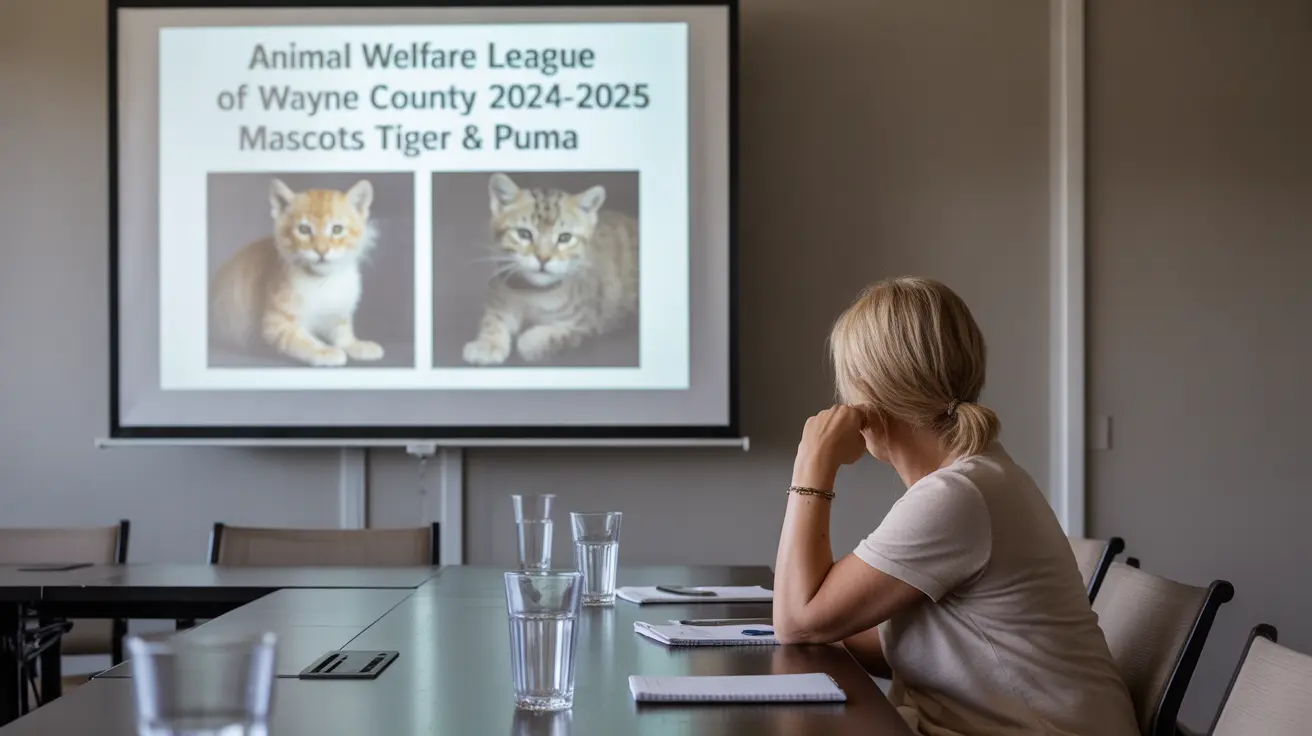The Animal Welfare League of Wayne County is making significant strides in addressing the pressing needs of cats and dogs in their community, according to Jennifer Ulz, the organization's president. With a comprehensive approach to animal welfare, the League is tackling challenging statistics through innovative programs and dedicated community service.
Working at the intersection of pet care and community support, the organization has developed a multi-faceted strategy to improve the lives of animals throughout Wayne County. Their efforts span from direct animal care to providing essential resources for pet owners facing financial challenges.
Comprehensive Pet Care Programs in Wayne County
The League's commitment to animal welfare extends through various essential services designed to support both pets and their owners. Their integrated approach ensures that animals receive the care they need while helping pet owners maintain responsible ownership.
Spay and Neuter Initiatives
One of the cornerstone programs offered by the League focuses on accessible spay and neuter services. These procedures play a crucial role in managing the local pet population and preventing shelter overcrowding. By making these services more affordable, the organization helps reduce the number of unwanted litters in the community.
Community Support Through Pet Food Pantry
Understanding the financial challenges many pet owners face, the League operates a pet food pantry in Wayne County. This vital service helps ensure that families can keep their beloved pets well-fed during difficult times, preventing potential surrenders due to economic hardship.
No-Kill Vision for North Carolina
As part of the broader no-kill movement in North Carolina, the League works tirelessly to maintain high live release rates. This commitment involves:
- Extensive adoption programs
- Foster home networks
- Community education initiatives
- Partnerships with local veterinary clinics
Foster Home Network
The organization maintains a network of dedicated foster homes throughout Wayne County, providing temporary care for animals awaiting permanent placement. These foster families play an essential role in socializing animals and preparing them for successful adoptions.
Volunteer Opportunities and Community Engagement
The success of the Animal Welfare League depends heavily on community involvement. Volunteers contribute in numerous ways, from direct animal care to administrative support and event coordination. This collaborative approach strengthens the organization's ability to serve more animals effectively.
Frequently Asked Questions
How can I adopt a cat or dog from the Animal Welfare League of Wayne County?
You can start the adoption process by filling out an adoption survey or request online, then scheduling an appointment to meet the pet and finalize the adoption, which often includes spay/neuter surgery and vaccinations before the pet can go home.
What community programs does the Animal Welfare League of Wayne County offer to help pets and pet owners?
The League provides spay/neuter services, fosters and adoption networks, pet food pantries for low-income owners, education on responsible pet ownership, and collaborates with local businesses and veterinary clinics.
Why is spaying and neutering important for controlling pet populations in Wayne County?
Spay/neuter programs help reduce the number of stray and feral animals by preventing unwanted litters, which lowers shelter intake and overcrowding, ultimately saving more animal lives.
Looking Ahead
The Animal Welfare League of Wayne County continues to evolve and adapt its services to meet the community's changing needs. Through their comprehensive approach to animal welfare and strong community partnerships, they're making a lasting impact on the lives of countless pets and their families.
Their dedication to creating sustainable solutions for animal welfare challenges serves as a model for other communities across North Carolina. By focusing on prevention, education, and direct support, the League demonstrates how local organizations can effectively address complex animal welfare issues while maintaining a commitment to both pets and their human companions.






